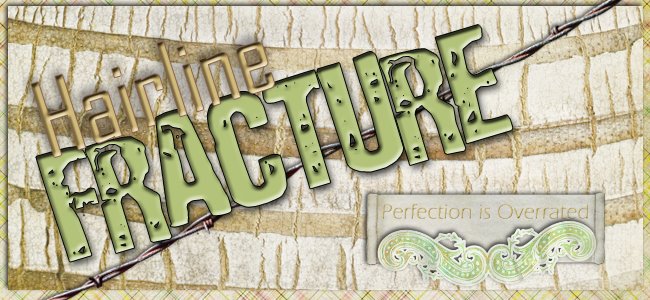Maud (as she preferred to be called) did not have an easy life. Her mother died when she was very young and her father went to Western Canada and remarried, leaving her to be raised by her maternal grandparents, who meant well but had no idea how to handle such an imaginative, high-spirited young girl. The first volume of the journals shows how much Anne resembles her creator. Maud's account of her girlhood shows her to be fun-loving and popular, yet intelligent and sensitive. She was more boy-crazy than Anne, but that just adds to the interest of her life story. The first volume records many young men who fell in love with her, but she only cared for a few--and married none of them because she had high standards and none of these men came up to the mark.
After graduating from teacher's college and a special course at a university (she longed to get a B.A. but could not afford it), Maud taught school for several years and spent some time as a newspaper journalist. The whole time she was writing stories and poems, and soon began to publish them. When her grandfather died, she was obligated to return to her childhood home and live with her grandmother. It was a hard time for her--I will leave out the details to keep this short and to leave some surprises should you want to read her life story--but also fruitful, because Anne of Green Gables was written during this time. Before her grandmother died, Maud became engaged to Rev. Ewan Macdonald, but they could not be married until she was free to move away.
The second book, which I have just finished, recounts her marriage and the birth of her three sons (one was stillborn), and the Great War which affected a whole generation. She used her journal to supply the material for Rilla of Ingleside, a novel about Anne's youngest daughter. Maud did not have an easy time even as a married woman, although she adored her sons, because as a minister's wife she was forced to behave with perfect propriety. Worse, she could not confide in any of the women who lived nearby and her best friends lived far away. Therefore, she used her journal as a confidant in which to pour out all her feelings. Yet even as a young girl, her writing talent is such that I enjoyed reading every entry as much as if I were reading a revised and polished novel. The same could definitely not be said of my teenage diaries, I promise you!
Maud was more judgmental and sharp-tongued than her books might suggest (at least in the privacy of her journal.) She probably skewered annoying people with words in her journal because she couldn't allow herself to offend them in person. Yet even when she was being catty, she was very funny and with a few words can capture the person she was describing to a T. The tone of the journals is like listening to a good friend sharing her inmost thoughts with you as her confidant.
Finally, I've been interested in the struggles Maud and her husband had with his chronic depression. As a Presbyterian minister who believed in the idea of predestination, he periodically became obsessed with the idea that he was eternally lost. This would throw him into such despair that he was unable to sleep or be any use to his family. This caused his wife much worry and many sleepless nights, although she remained rational and was able to function and to keep writing whereas many women would have broken down completely. Still, I kept wishing that BOTH of them could have had access to the medications and therapy we have available today. Such suffering people endured even 50 years ago that today can usually be controlled or at least alleviated. I certainly am thankful that I live now and not 100 years ago!
It wasn't just mental suffering that people endured, either--I became aware of how much we owe to the discovery of antibiotics, as Montgomery describes episodes of various ailments that could be cured with a week's worth of medicine today. Montgomery's journals provide a fascinating look into a world very different from our own, while her perception of human nature shows that people haven't changed very much at all.


OH! I remember reading a formidable post on Montgomery months ago. It was by http://cribchronicles.com/ but I can't find the post. If you ask she'll tell you where to find it, if you care to read. She's an amazing writer anyway. You should go on over.
ReplyDeletexo
erin